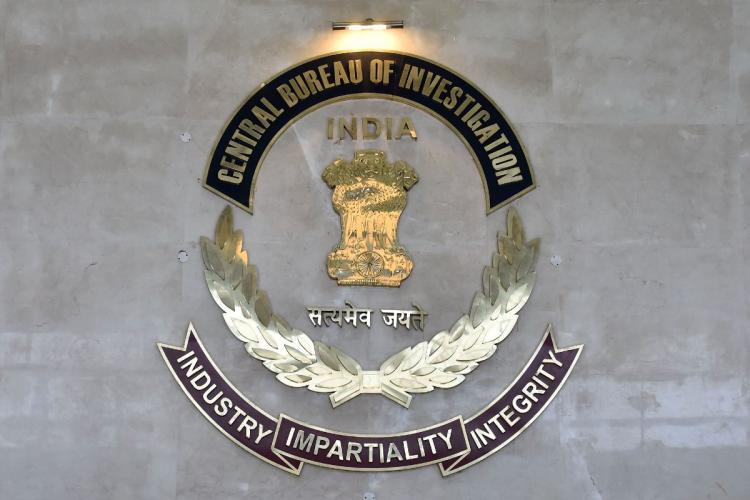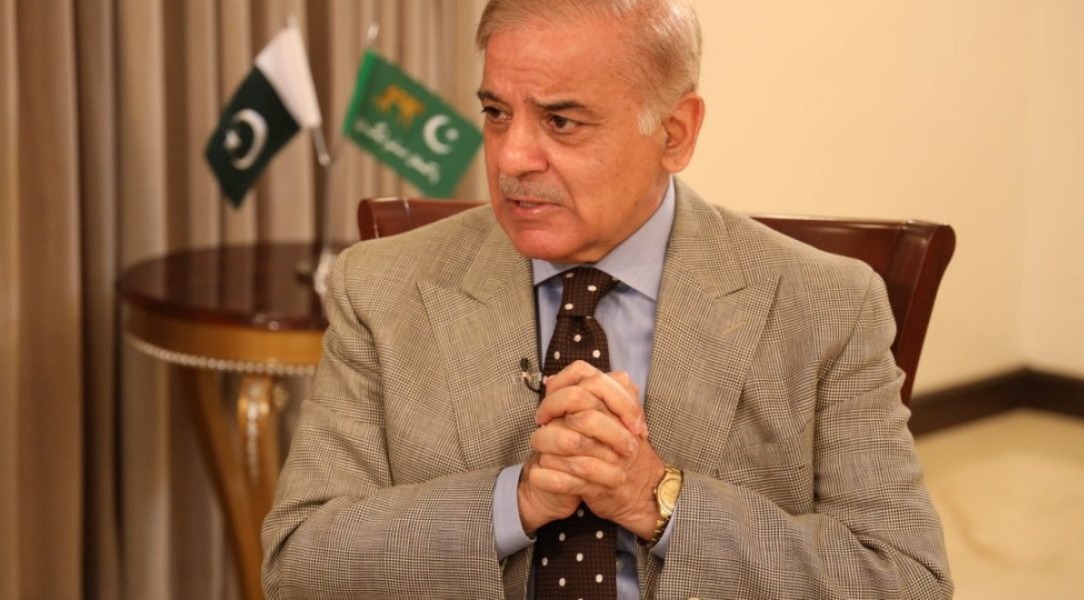New Delhi, Nov 14: The tenures of Directors of the Central Bureau of Investigation (CBI) and the Enforcement Directorate (ED) can now be up to a maximum of five years from the present two years, according to two ordinances brought in by the government on Sunday.
The Directors of CBI and ED enjoy a fixed tenure of two years from the date of their appointment in the wake of the directives of the Supreme Court in the famous Vineet Narain case.
The Central Vigilance Commission (Amendment) Ordinance comes barely three days ahead of the retirement of incumbent Enforcement Directorate Chief SK Mishra, a 1984-batch IRS officer.
The government had given him an extension of one year in 2020 after the completion of his two years fixed term.
The matter was heard by the Supreme Court this year which did not quash the extension but told the government not to give any further extension to Mishra beyond November 17.
However, with the promulgation of the ordinance it remains to be seen whether Mishra would continue as the ED chief or not, officials said.
The ordinance promulgated by President Ram Nath Kovind that comes into effect "at once" states: Provided that the period for which the Director of Enforcement holds the office on his initial appointment may, in public interest, on the recommendation of the Committee under clause(a) and for the reasons to be recorded in writing, be extended up to one year at a time:
"Provided further that no such extension shall be granted after the completion of a period of five years in total including the period mentioned in the initial appointment," it states.
The ED Director is appointed by the central government on the recommendation of a committee chaired by the Central Vigilance Commissioner and members comprising of Vigilance Commissioners, Home Secretary, Secretary DOPT and Revenue Secretary.
The government has also brought in Delhi Special Police Establishment (Amendment) Ordinance, 2021 which is also effective "at once".
The ordinance inserts the provision in DSPE Act that "Provided that the period for which the Director holds the office on his initial appointment may, in public interest, on the recommendation of the Committee under sub-section (1) of section 4A and for the reasons to be recorded in writing, be extended up to one year at a time:
"Provided further that no such extension shall be granted after the completion of a period of five years in total including the period mentioned in the initial appointment," it states.
The Director CBI is selected on the basis of the recommendation of a committee consisting of the Prime Minister, the Chief of Justice of India and the Leader of Opposition.
The fixed term of two years was aimed at ensuring the chiefs of CBI and ED work free from government interference without worrying about any adverse action for the probes carried out by them.
Let the Truth be known. If you read VB and like VB, please be a VB Supporter and Help us deliver the Truth to one and all.
New Delhi(PTI): This is a time for unity and solidarity and the Congress is standing firmly with the armed forces, the party said on Wednesday as Indian armed forces carried out missile strikes on terror targets in Pakistan and Pakistan-Occupied Kashmir.
Congress general secretary in-charge communications Jairam Ramesh said India's commitment to eliminating all sources of terrorism in Pakistan and PoK has necessarily to be uncompromising and always be anchored in the supreme national interest.
"This is a time for unity and solidarity. Right from the night of April 22nd, the Congress has been categorically stating that the government will have our fullest support in the nation's response to the Pahalgam terror attack," he said.
"The Congress is standing firmly with our armed forces," Ramesh said on X, using the hashtag "Operation Sindoor".
In retaliation for the Pahalgam terror attack, Indian armed forces carried out missile strikes early Wednesday on nine terror targets in Pakistan and Pakistan-Occupied Kashmir, including the Jaish-e-Mohammad stronghold of Bahawalpur and Lashkar-e-Taiba's base Muridke.
The military strikes were carried out under Operation Sindoor two weeks after the massacre of 26 civilians in Jammu and Kashmir's Pahalgam.
"A little while ago, the Indian armed forces launched 'Operation Sindoor' hitting terrorist infrastructure in Pakistan and Pakistan-occupied Jammu and Kashmir from where terrorist attacks against India have been planned and directed," the defence ministry said in a statement at 1.44 am.
It said the actions by the Indian armed forces have been "focused, measured and non-escalatory" in nature and that no Pakistani military facilities have been targeted.
"प्रहाराय सन्निहिताः, जयाय प्रशिक्षिताः"
— ADG PI - INDIAN ARMY (@adgpi) May 6, 2025
Ready to Strike, Trained to Win.#IndianArmy pic.twitter.com/M9CA9dv1Xx





